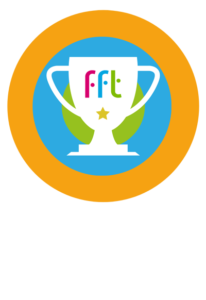Progress Scores
The progress measures aim to capture the progress that pupils make from the end of Key Stage 1 to the end of primary school. They are a type of value-added measure, which means that pupils’ results are compared to the actual achievements of other pupils nationally with similar prior attainment.
This type of progress measure rewards schools for making progress with all of their pupils, whether they are low-, middle- or high-attainers. Any increase in attainment achieved by each pupil is reflected in the school’s progress scores. This measure is a school-level accountability measure.
Progress is calculated for individual pupils solely in order to calculate the school’s overall progress scores.
A school’s progress scores in English reading, English writing and mathematics are calculated as the average of its pupils’ subject progress scores. These scores give an indication of whether, as a group, pupils in the school made above or below average progress in a subject compared with pupils with similar starting points in other schools.
Progress scores are calculated for individual pupils for the sole purpose of constructing a school progress score. Pupil scores are calculated separately for English reading, English writing and mathematics.
Detail showing how these are calculated can be found in the guide here.
Pupils in Key Stage Two did not sit formal exams in 2020 or 2021.
The government will not publish KS2 school level data for the 2021 to 2022 academic year. The last available public data is from the 2018 to 2019 academic year. It is important to note that the data from that year may no longer reflect current performance.
In 2023:
| Pupils achieving the expected standard in reading, writing, and maths | 56% |
| Pupils achieving the higher standard in reading, writing, and maths | 0% |
| Average progress in reading between KS1 and KS2 | -1.4 |
| Average progress in writing between KS1 and KS2 | -1.5 |
| Average progress in maths between KS1 and KS2 | 1.4 |
| Average score in reading test | 103 |
| Average score in maths test | 105 |
Performance Tables
Details of our Key Stage 2 results are available using this link
Find and check the performance of schools and colleges in England – GOV.UK (www.gov.uk)


 Regular assessments
Regular assessments


